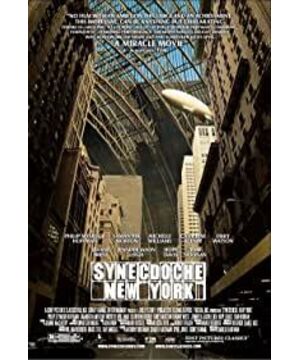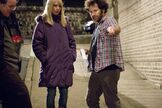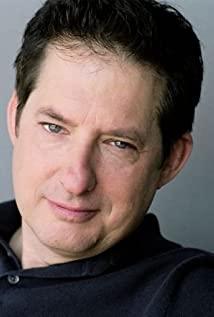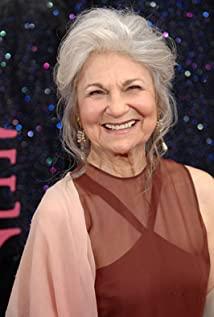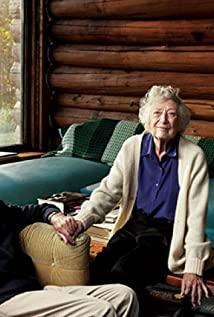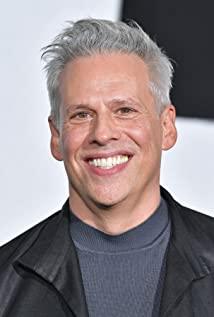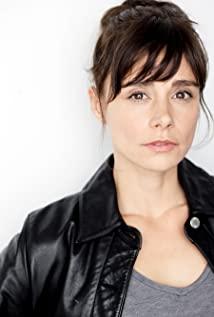In my eyes, it is actually a marriage that is dying. A husband who is a director by profession, during the month when his wife went to Berlin to hold an art exhibition, has a conflict about his physical and mental or just psychological derailment, and accompanied by physical discomfort, he has a fear of birth, old age, sickness and death.
This story is like the director Philip Seymour Hoffman (which may be the film's director Charlie Kaufman) closed his eyes on the recliner one day, many images swarmed, not the kind of deliberate imagination , maybe the next day these people, things, fragments disappeared completely from his memory.
Everyone has had such an experience, but Charlie Kaufman memorized it very sensitively, and made such a film with literary and pictorial modifications. Of course, these modifications and the metaphors in them cannot be explained in just a few words, nor can they be read after watching it once. These are also the first times that a director has added more things that he wishes to express.
But, on the other hand, since the wife is completely absent in the second 3/4, if that's what I think, such films will at least return to their original life at the end, forming a response. It may be the creators abandoning the conventions, maybe not what I feel.
If the whole plot developed according to the real time point, it would be a different picture, a sense of complete distrust of memory.
After watching too many movies that are always worried that the audience will not understand any detail, and try to simplify it as much as possible, such a movie that is abstracted and needs a little sense and intuition to grasp is really good. It really needs to be watched several times, and the feelings may be very different each time.
2009-03-11
View more about Synecdoche, New York reviews


